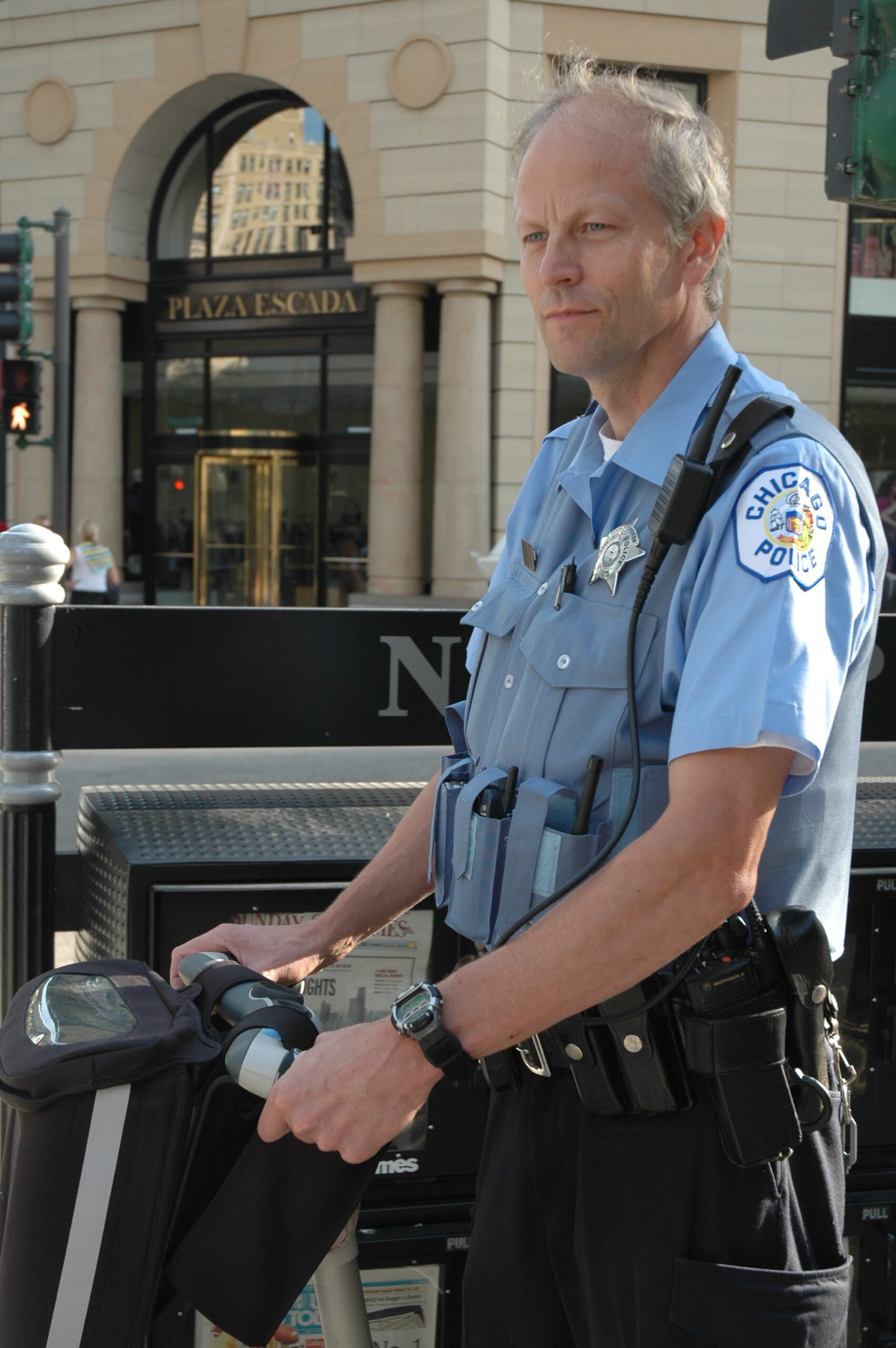Aftermath Cares for Community and for First Responders

Police officers play a central role in the legal system. They patrol our neighborhoods, respond to emergency calls, issue tickets, investigate crimes, and make arrests as needed. Their primary responsibility is to aid and protect the communities they serve. However, in many cities, law enforcement is hindered by the perception that some members do not truly care about the people they’re are supposed to help. Solution-minded departments have avoided struggling with difficult criticism by incorporating suggestions and practices from several sources into their day-to-day work.
Community Policing
For instance, many departments have turned to outside organizations to facilitate meaningful conversations between law enforcement and the community. These groups help police develop and maintain community-oriented policing strategies that not only maintain order, but help build a platform for addressing potential issues in a calm, constructive fashion. These groups aim to reaffirm the core values of law enforcement, and ensure greater awareness and community support for hard working officers. A good list of these external resources is maintained here.
Another way to counter negative perceptions is through the concept of “policing through human rights.” As defined by Jack Greene, a Political Justice professor at Northeastern University in Chicago, policing through human rights is the idea that police can “embrace human rights as a central tenant of effective law enforcement, thereby improving how the police function as well as their acceptance in the larger community. It addresses how police secure, uphold, and affirm human rights in their day-to-day activities, protecting the vulnerable, assuring that those brought before the law are accorded legal rights and dignity, and reaffirming human rights in the aftermath of traumatic events.” (Source: Jack Greene).
Charity and Policework
Finally, as a grassroots initiative, many officers take it upon themselves to be visibly active in their communities, even outside their jobs. This often takes the form of participation and involvement in community organizations and charities. Departments may choose one or several causes that are close to their hearts; some raise money and awareness for large national groups like the American Cancer Society or Wounded Warrior Project, while others may opt to sponsor a local soup kitchen or even a struggling family in the neighborhood. Considering the amount of time police spend away from their families, these efforts often go the farthest in demonstrating the commitment and dedication they have to improving the lives of those who live in the area.
The Aftermath Cares Initiative
Like these men and women, Aftermath Services is committed to providing active leadership and support to the communities we service. From charitable financial donations to local sponsorships, scholarships, and volunteering, Aftermath is involved in a variety of charities and benefit activities nationwide. On May 21st, Aftermath offices across the nation joined together to celebrate and promote Red Nose Day. We also regularly host drawings and giveaways to thank first responders for their work. In the past, our K9 Drawing has helped police departments afford the purchase and/or training of a K9 officer.
This summer, we’re combining these two important missions into one: the Aftermath Community Grant allows ONE WINNER to determine what charity or community group receives the benefit of the $2,500 grant. Furthermore, this opportunity to give back is open to everyone! Learn more about this exciting drawing, and fill out the form for your chance to win!
 877-872-4339
877-872-4339  Contact Us
Contact Us 






